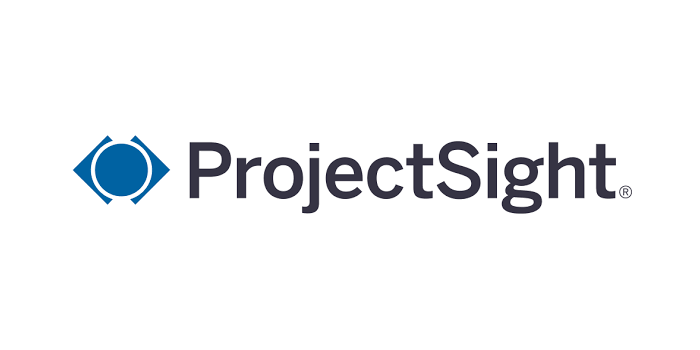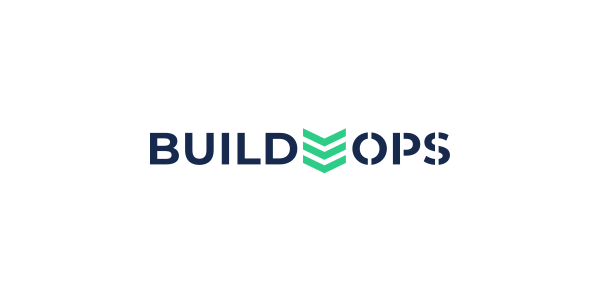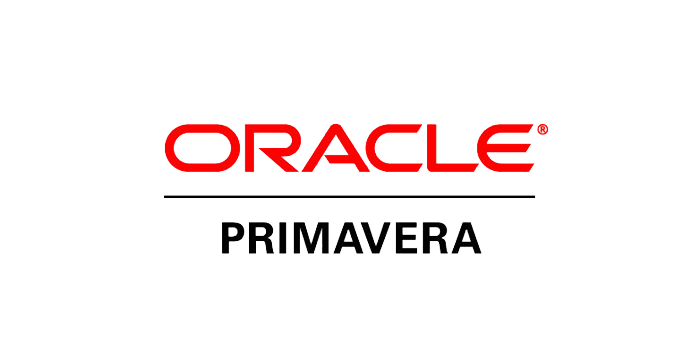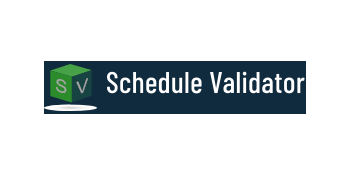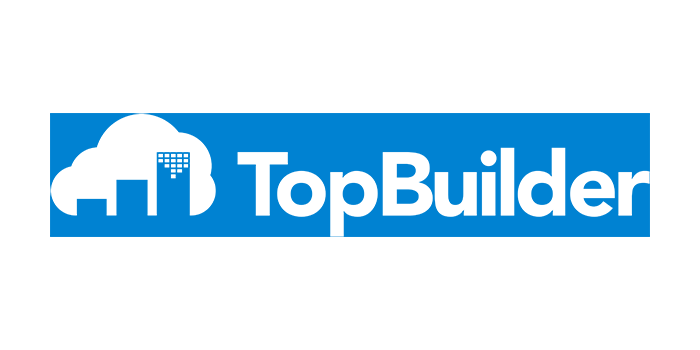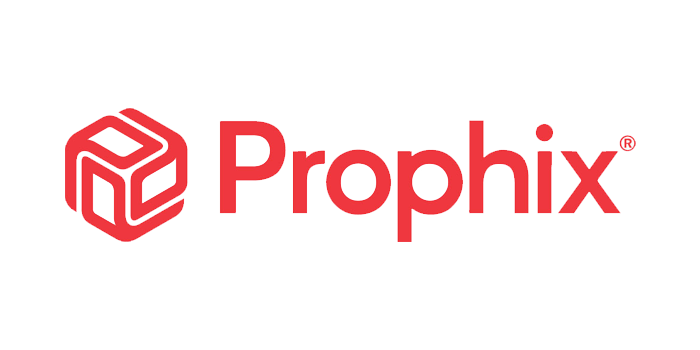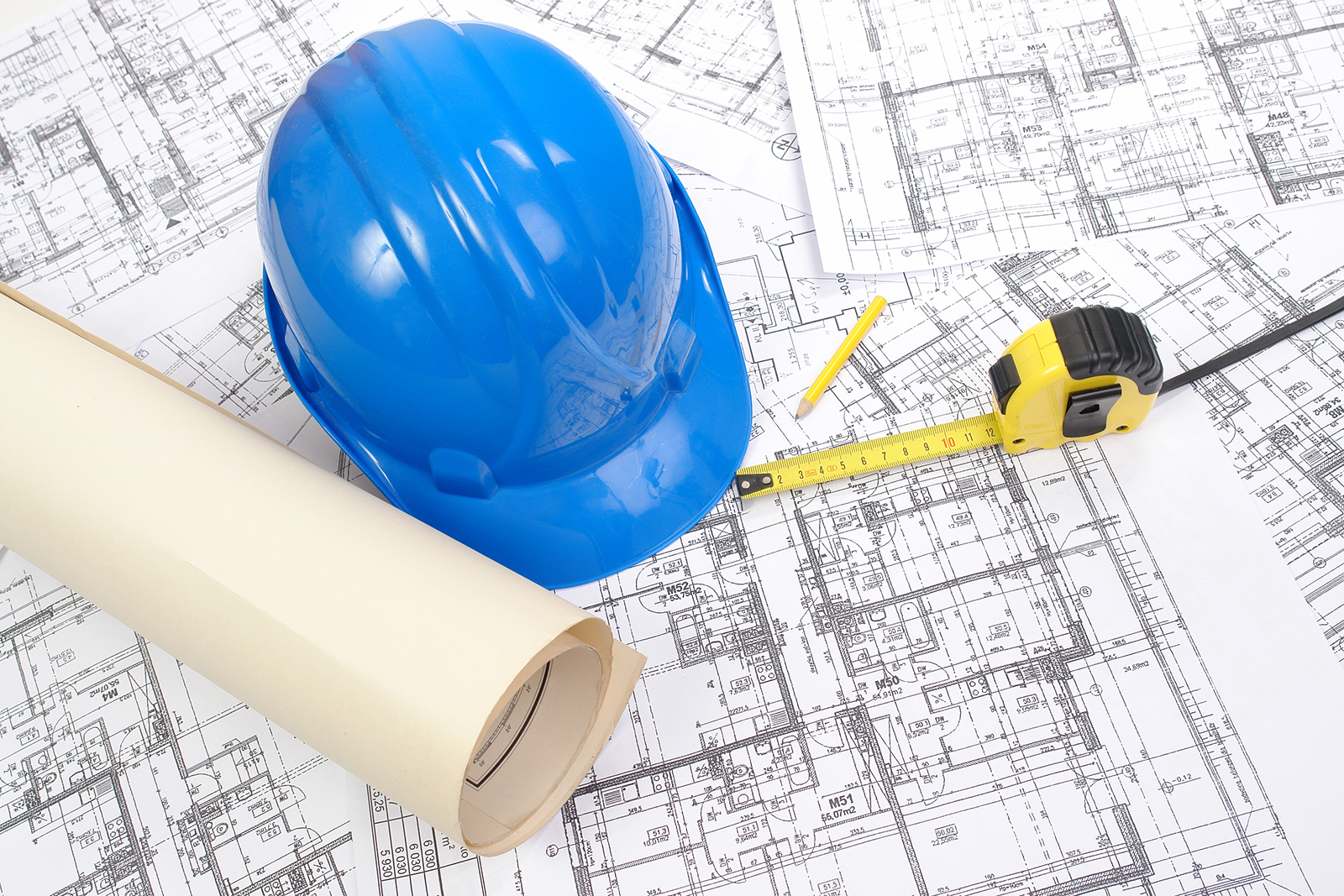
Article written by Brielle Regdos for CDP
In construction management, project scheduling is the process of planning, organizing, and controlling when and how activities will be completed to ensure a project finishes efficiently and on time. A construction schedule acts as a roadmap, showing what tasks need to be done (such as site preparation, foundation work, framing, and roofing), when they must happen, who is responsible (contractors, subcontractors, suppliers), how long they will take, and how they connect. It also highlights task dependencies— for example, drywall installation cannot begin until framing and electrical rough-ins are finished.
To manage these complexities, construction teams often use the Critical Path Method (CPM). CPM visually maps activities and their dependencies in a flow chart, network diagram, or Gantt chart. The process begins by breaking the project into tasks, defining their dependencies, assigning realistic durations, and arranging them into sequence. From this, the critical path is identified: the longest chain of dependent tasks that determines the project’s minimum completion time. Any delay on the critical path delays the entire project. Tasks outside this path may have float (or slack), meaning they can be delayed without affecting the finish date. This system allows project managers to prioritize, track, and adjust with clarity.
The importance of CPM scheduling in construction comes down to one key outcome: it keeps projects on time, on budget, and under control. It does so by identifying which activities are critical, improving time management, and highlighting flexibility through float. It also ensures optimal use of labor, equipment, and materials while reducing bottlenecks. CPM schedules provide a clear, visual timeline for all stakeholders, improving communication and accountability. They also allow managers to solve problems proactively, document plans and progress, and strengthen claims or defenses in the event of disputes.
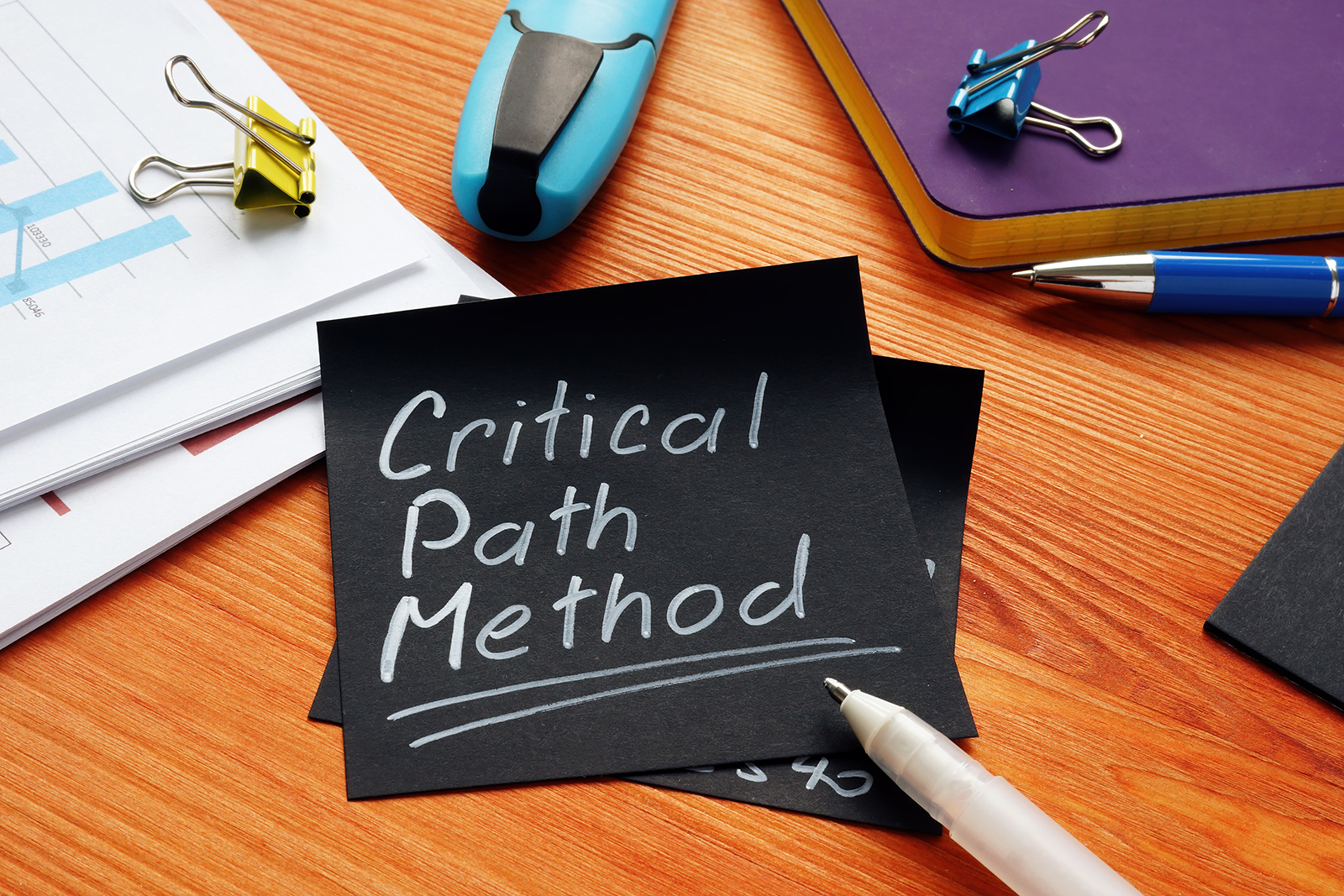
CPM scheduling is more than just a planning tool—it’s a safeguard for project success. By turning a complex construction process into a clear and actionable roadmap, it enables managers to anticipate challenges, allocate resources wisely, and maintain accountability across all parties involved. Most importantly, it provides the structure and foresight needed to deliver projects on time, within budget, and at the highest standard. In today’s fast-paced construction industry, where delays and cost overruns can be costly, CPM scheduling is not just important—it’s essential.
Contact CDP to learn more about CPM Scheduling.


